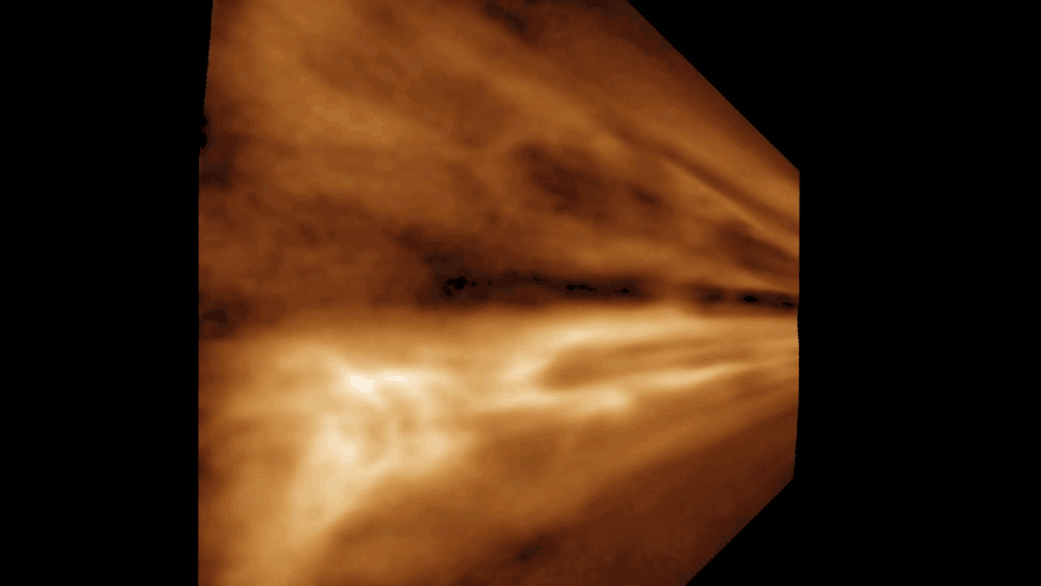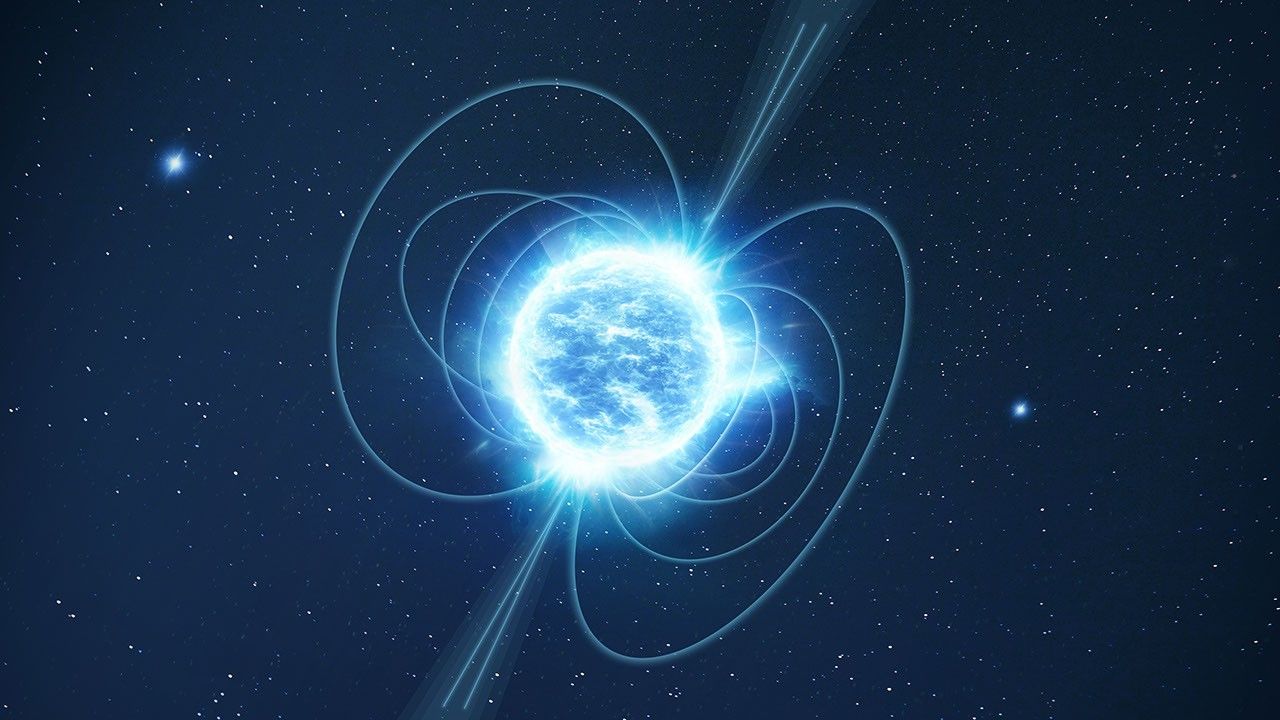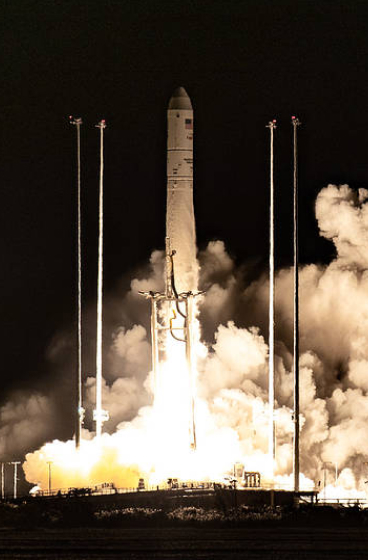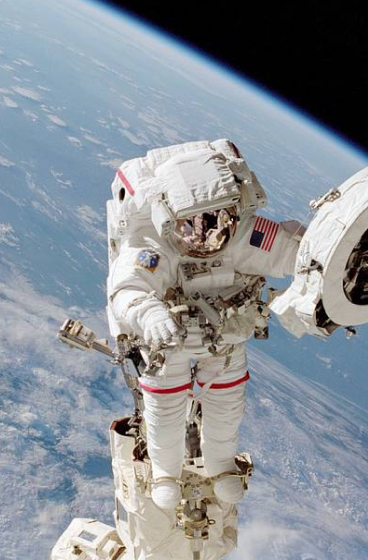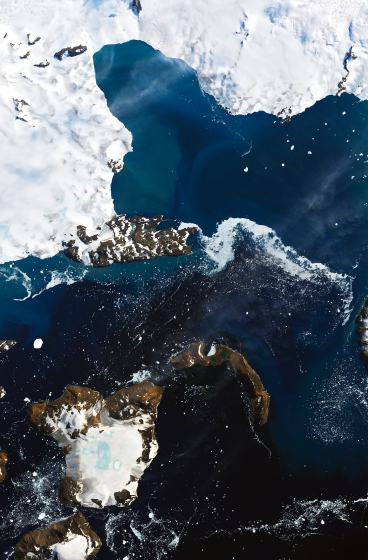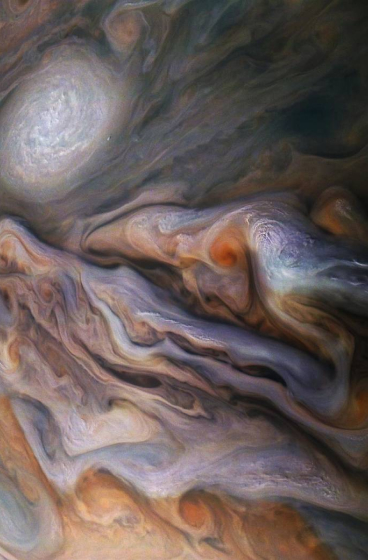Why Do We Grow Plants in Space?
- Growing plants in space helps create a sustainable environment for human presence in space, providing food, oxygen, water recycling, and psychological benefits.
- The study of plant growth in space also allows scientists to investigate how plants adapt to novel environments, develop new technologies, and improve agricultural techniques on Earth.
- By studying plant growth in space, NASA can gain insights into the effects of microgravity on plant development and behavior, which can inform strategies for future long-duration missions.
- The research also has practical applications for improving crop yields, disease resistance, and water efficiency on Earth, making it a valuable area of study for agricultural scientists.
- Ultimately, the goal of growing plants in space is to develop the skills and technologies needed to support human life and sustainable environments beyond our planet, paving the way for future space exploration and habitation.
1 min read
Preparations for Next Moonwalk Simulations Underway (and Underwater)
Why do we grow plants in space?
Plants are such versatile organisms that they can fulfill many roles in our exploration of space. Plants provide us with food, with oxygen, they can recycle water and waste, and they can even provide us with psychological benefits. So all these functions will help NASA in fulfilling our goal of trying to create a sustainable environment for human presence in space.
But there are also other benefits. We can investigate how plants adapt to the novel environment of space, something that’s completely outside their evolutionary history. We can develop new processes and technologies to cultivate plants in difficult and even extreme environments. All these lessons learned will help us in ultimately improving the lives of humans here on Earth by being able to better cultivate plants.
So why do we grow plants in space? To be able to create a sustainable environment for us to thrive in space, as well as improve lives and agricultural techniques here on Earth.
[END VIDEO TRANSCRIPT]

